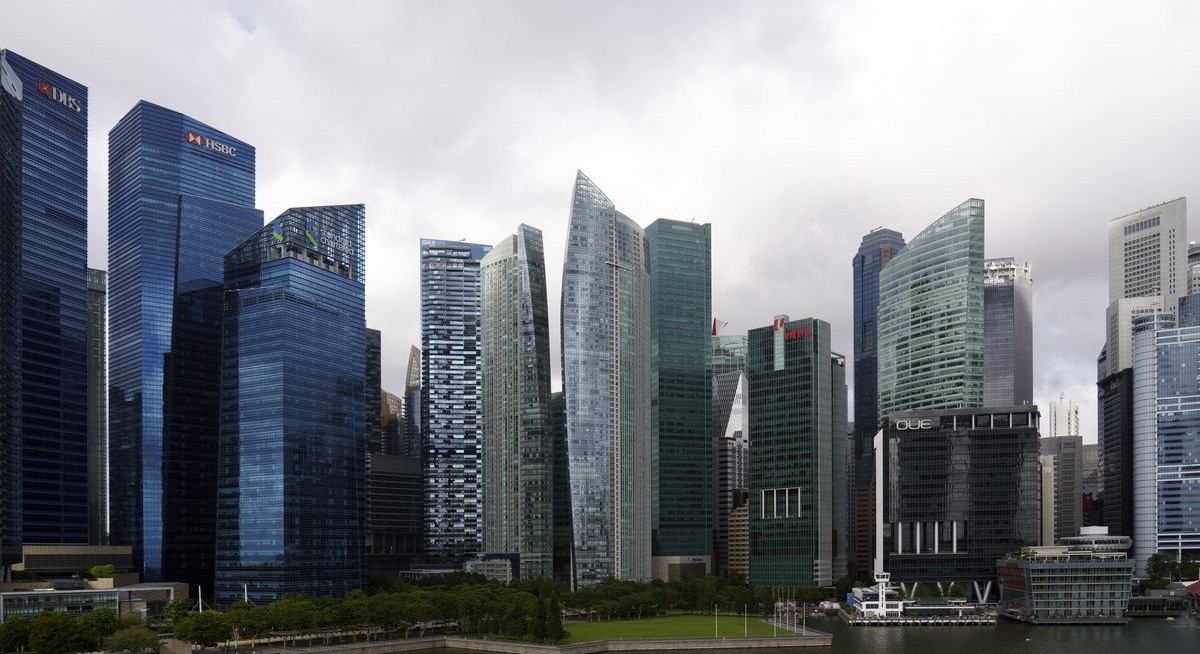VIS broke ground for the facility in the fourth quarter of 2024.
“Over the past few months many customers have shown greater interest in our new 300-millimeter Singapore plant due to geopolitical uncertainties,” said Fang.
VIS’s new plant is a joint venture with Dutch firm NXP Semiconductors NV.
While the Taiwanese company does not make the most cutting-edge AI chips, it is a key supplier in making chips for automotive and industrial use.
See also: STMicro sales outlook beats estimates on chip recovery
Both TSMC and VIS are adding capacity outside of their home turf partly due to growing concerns from global chip users over China’s persistent threats to unite with self-governing, democratic Taiwan, by force if necessary. But overseas expansion has not always been smooth.
TSMC recently said it is pushing back the construction of its second fab in Japan due to worsening traffic conditions in the area.
An NXP executive said last December that the two companies are working on a phase-tSingaporwo expansion of the facility though the plan still needs formal approval.
Fang said that VIS is currently focusing on getting the first plant ready and it is not currently considering a second phase yet. The trade war and tariffs have created additional challenges, Fang added, but he still expects VIS to see business grow mildly in US dollar terms year-over-year in the second half.




